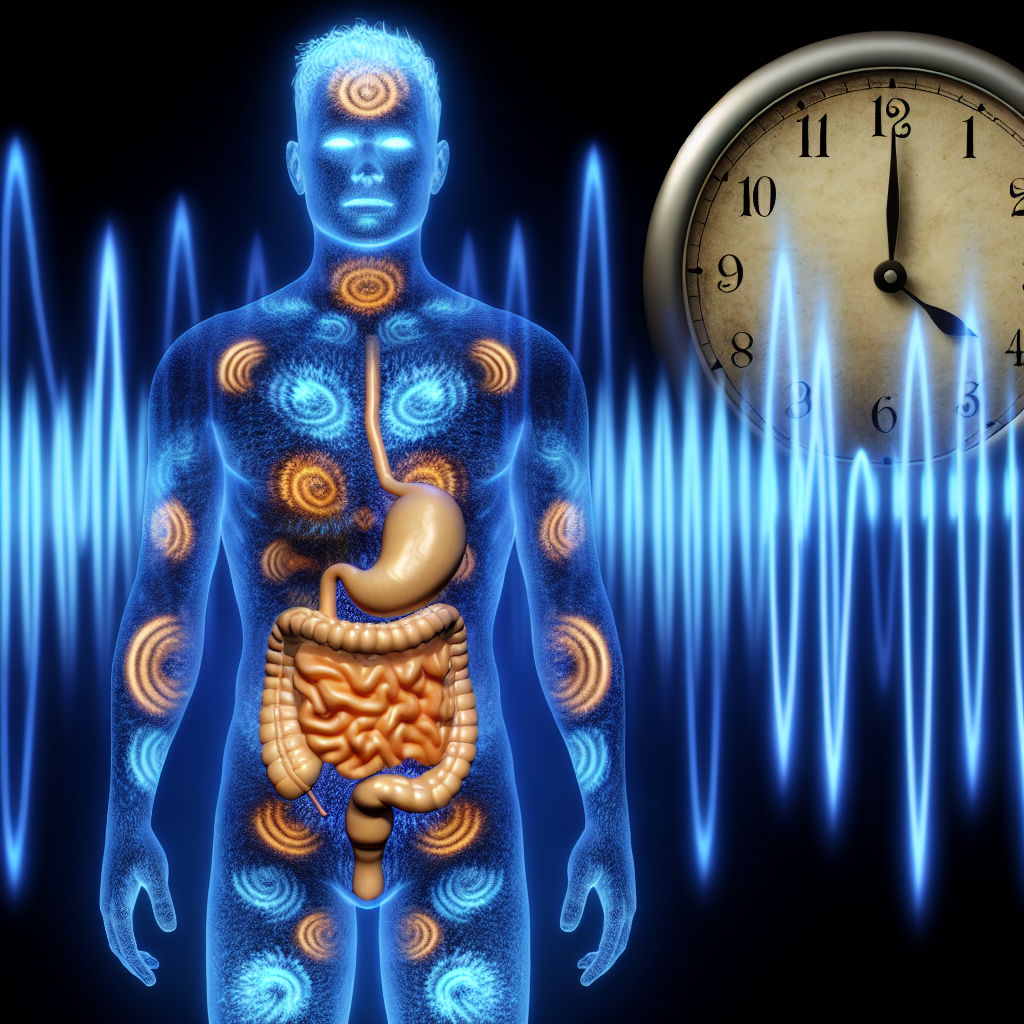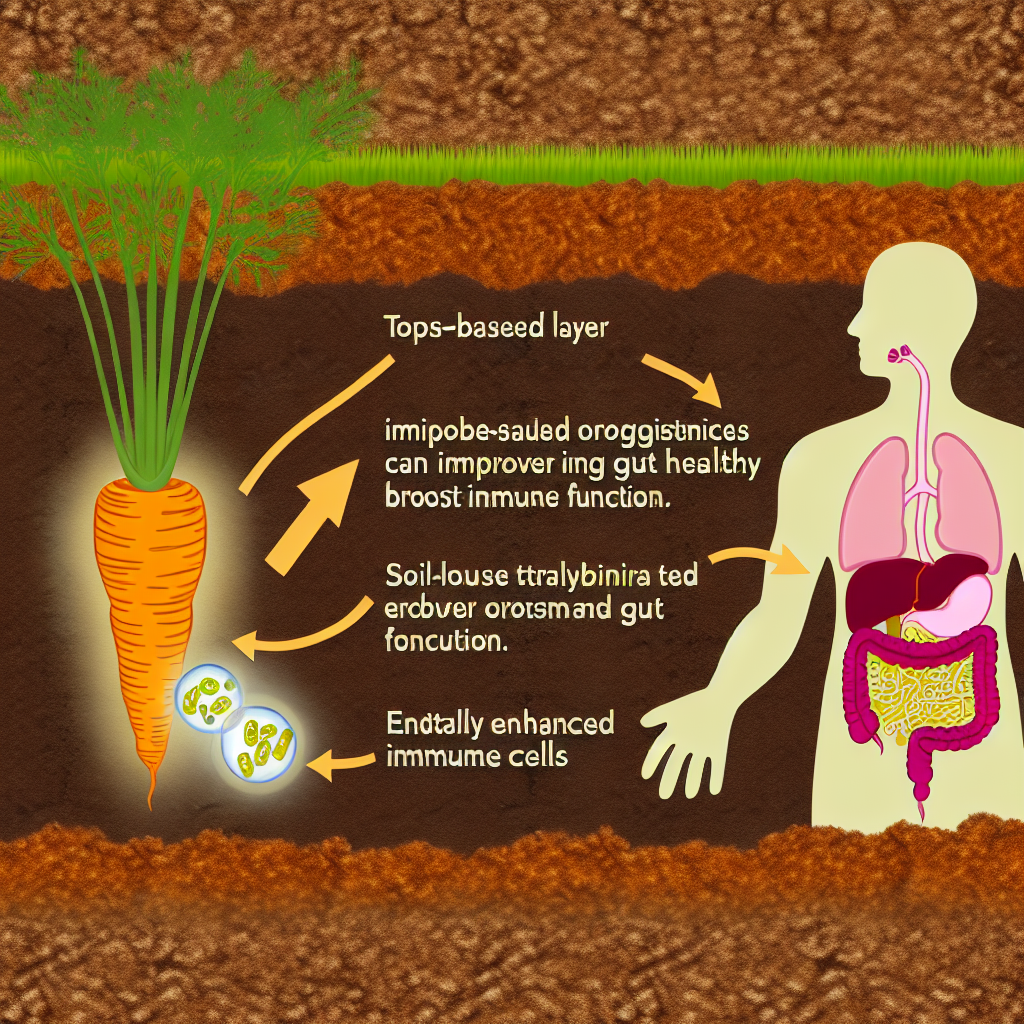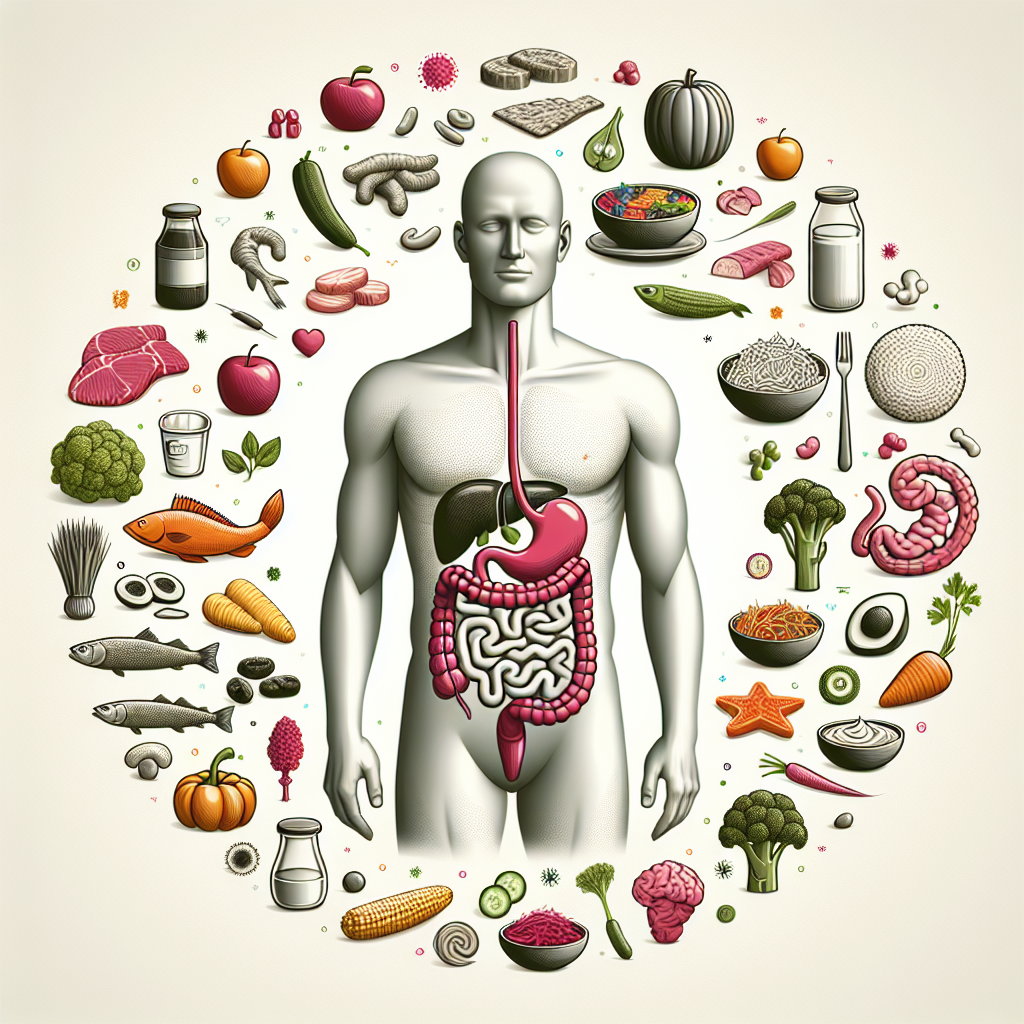How Blue Light Exposure Disrupts Circadian Gut Rhythms
In our increasingly digital world, blue light exposure has become nearly unavoidable. This bright, high-energy visible (HEV) light is beneficial during the day, helping us stay alert and maintain a healthy sleep-wake cycle. However, excessive or untimely exposure can lead to health complications, including disruption of the gut’s circadian rhythms.
The Science Behind Gut Clocks: How Light Alters Your Internal Digestive Calendar
Multiple studies have revealed the intricate connection between circadian rhythms and gut physiology. When this biological timing is disrupted, such as by shift work or irregular sleep patterns, it can lead to metabolic imbalances and reduced gut function. Specifically, blue light exposure during the body’s biological evening suppresses melatonin production and alters gene expression related to gut motility and immune function, impairing the synchronization of the gut’s clock and leading to sluggish digestion and “leaky gut.”
Gut Imbalance in a Digital Age: What Researchers Are Discovering
Recent studies have shown that disrupted circadian rhythms from artificial lighting can lead to changes in microbial composition that contribute to obesity and inflammatory disorders. Additionally, night-time blue light disrupts the circadian regulation of bile acids, intestinal glucose transporters, and repair processes, potentially setting the stage for inflammatory bowel diseases and other chronic conditions.
Circadian Disruption = Gut Dysfunction: Why Light Exposure Timing Matters
These findings reinforce that the gastrointestinal system is not isolated from our lifestyle choices. Light, specifically blue light, functions as a key environmental time cue, and when mistimed, it desynchronizes the gut’s circadian rhythm and opens the door to metabolic and inflammatory disorders.
Natural Solutions for Light-Induced Gut Distress
To optimize gut health, consider incorporating a “light hygiene” routine: reduce screen time before bed, use blue light-blocking glasses, maintain a consistent sleep schedule, and use warmer lighting during nighttime hours. Complement these habits with herbal remedies like chamomile, peppermint, and licorice root, which can help soothe the gut and reduce inflammation.
By syncing your internal rhythms with the external environment, you can empower your gut to function at its highest natural capacity, restoring harmony from the inside out.
Summary:
Exposure to blue light, particularly at night, can disrupt the gut’s circadian rhythms, leading to imbalances in the gut microbiome, compromised digestion, and increased inflammation. Incorporating a “light hygiene” routine and using natural herbal remedies can help support gut health and synchronize the body’s internal clock with the external environment.
References:
[1] Thaiss CA, Zeevi D, Levy M, et al. Transkingdom control of microbiota diurnal oscillations promotes metabolic homeostasis. Cell. 2014;159(3):514-529. [Read study](https://www.cell.com/fulltext/S0092-8674(14)00884-2)
[2] Bollinger T, Bollinger A, Oster H, Solbach W. Sleep, immunity, and circadian clocks: a mechanistic model. Current Biology. 2017. [Read study](https://www.cell.com/current-biology/fulltext/S0960-9822(17)30814-3)
[3] Zarrinpar A, Chaix A, Yooseph S, Panda S. Diet and feeding pattern affect the diurnal dynamics of the gut microbiome. Nature Communications. 2020. [Read study](https://www.nature.com/articles/s41467-020-16914-3)
[4] Frontiers in Nutrition. Effects of Circadian Disruption on Gut and Metabolism. Front Nutr. 2023. [Read study](https://www.frontiersin.org/articles/10.3389/fnut.2023.1104567/full)

Dominic E. is a passionate filmmaker navigating the exciting intersection of art and science. By day, he delves into the complexities of the human body as a full-time medical writer, meticulously translating intricate medical concepts into accessible and engaging narratives. By night, he explores the boundless realm of cinematic storytelling, crafting narratives that evoke emotion and challenge perspectives.
Film Student and Full-time Medical Writer for ContentVendor.com




